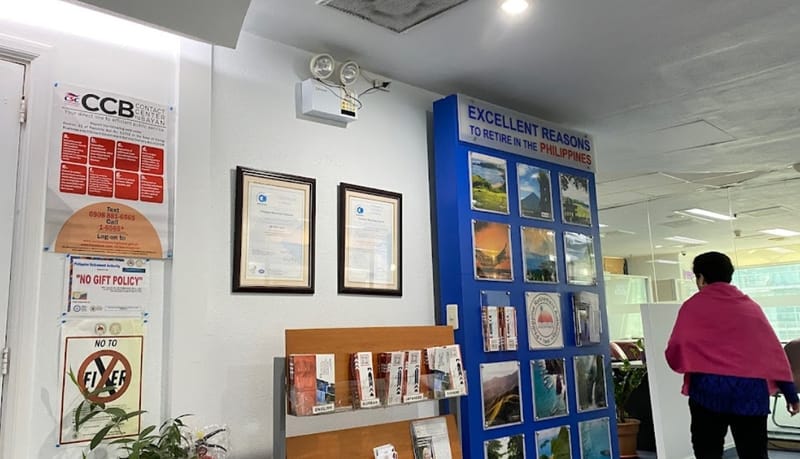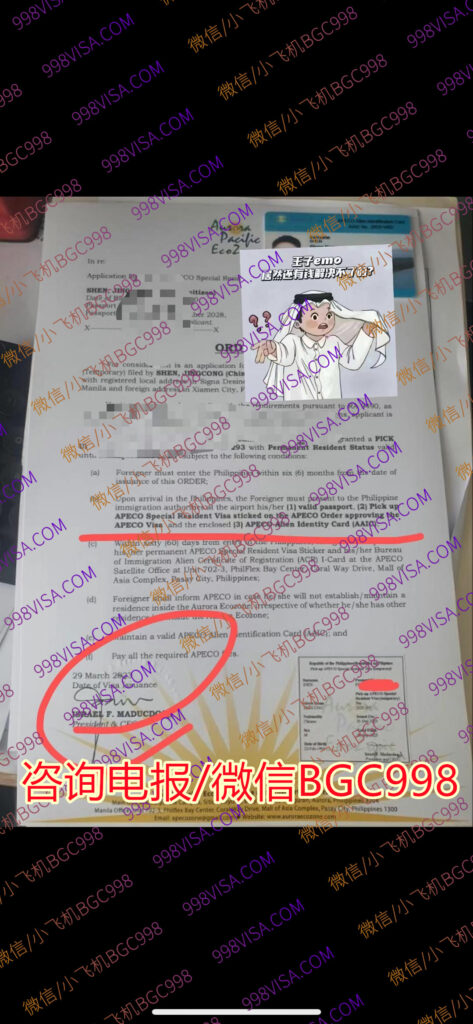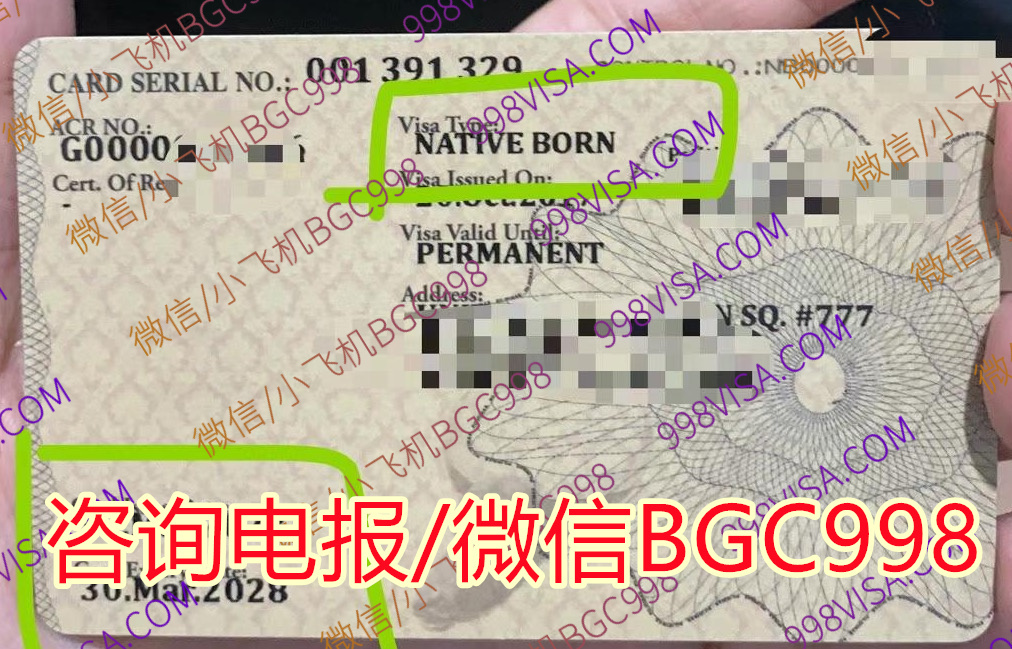Does a Philippines marriage visa (13A) allow a foreign spouse to travel freely in and out of the country?

Can a Philippines marriage visa (13A) holder bring children from a previous marriage to the Philippines?
Yes, a foreign spouse holding a Philippines marriage visa (13A) can apply to bring children from a previous marriage, but the process requires additional documentation. The children must be declared as dependents and included in a separate visa application, often under a 13A derivative category. Immigration authorities will request authenticated birth certificates, proof of custody or consent from the other biological parent (if living), and evidence of the parent-child relationship. If the children are minors, they may be granted derivative visas tied to the principal 13A visa holder’s status, allowing them to reside legally in the Philippines. However, if the children are over 21 years old, they usually cannot qualify as dependents and must explore other visa categories. For blended families, the Philippines marriage visa system provides flexibility, but strict documentation is required to prevent disputes. This process not only secures family unity but also ensures compliance with Philippine family and immigration law.

Does a Philippines marriage visa (13A) allow a foreign spouse to travel freely in and out of the country?
Yes, the Philippines marriage visa (13A) grants multiple-entry privileges, meaning the foreign spouse can travel in and out of the country without the need for re-entry permits or exit clearances typically required for temporary visas. However, if the foreign spouse plans to be abroad for extended periods, it is important to maintain ties with the Philippines to avoid jeopardizing permanent residency status. Long absences could raise questions about the applicant’s intent to reside permanently with their Filipino spouse. For absences exceeding one year, re-entry may require additional clearance or proof of continued marital cohabitation. Another key point is that travel must be done with a valid Alien Certificate of Registration (ACR I-Card), which serves as proof of legal residency. Overall, the Philippines marriage visa provides convenience for international mobility, but maintaining compliance with residency obligations remains crucial to avoid cancellation or questioning of the visa’s validity.

Can a Philippines marriage visa (13A) holder vote in Philippine elections?
No, holding a Philippines marriage visa (13A) does not grant voting rights in the Philippines. Voting is a constitutional right reserved exclusively for Filipino citizens. Even though the 13A visa provides permanent residency, it does not confer citizenship. Foreign spouses with permanent residency may live, work, and even run businesses, but they cannot vote or hold public office. If a foreign spouse wishes to gain voting rights, they must undergo the process of naturalization, which is separate from the 13A visa. Naturalization typically requires several years of continuous residence, good moral character, knowledge of local culture and history, and renunciation of previous citizenship, unless dual citizenship is allowed under treaties. Therefore, while the Philippines marriage visa offers stability and integration, political participation remains limited to citizens. Many foreign spouses prefer to retain their original nationality while enjoying residency through the 13A visa, leaving political rights to their Filipino partners.

Is medical insurance required for a Philippines marriage visa (13A) application?
While medical insurance is not always explicitly required for the Philippines marriage visa (13A), having it can strengthen the application. Immigration authorities want to ensure that the foreign spouse has the financial capacity to support themselves and will not become a public burden. Submitting proof of health insurance demonstrates financial stability and preparedness for medical needs in the Philippines. Moreover, certain immigration offices may request a medical certificate or health clearance during the application process, particularly for older applicants or those with medical conditions. Private hospitals in the Philippines often require proof of insurance or the ability to pay upfront before treatment, so securing international or local health insurance is highly recommended for long-term residents. Although not mandatory, providing medical insurance documents when applying for a Philippines marriage visa is a practical and proactive step, helping to build a stronger case and ensuring peace of mind once residency is granted.
What is the difference between a probationary and a permanent Philippines marriage visa (13A)?
The probationary Philippines marriage visa (13A) is the first stage granted to a foreign spouse upon approval of their application. It is valid for one year and serves as a trial period during which immigration authorities can evaluate the stability of the marriage and the applicant’s compliance with residency requirements. After the one-year probationary stage, the applicant can apply to convert the visa into a permanent 13A, which grants indefinite residency. The permanent version allows the foreign spouse to stay in the Philippines without the need for further annual renewals, though the annual reporting obligation still applies. The probationary stage is crucial, as any issues such as marital disputes, financial instability, or legal violations could result in denial of permanent residency. In short, the probationary 13A is a conditional visa, while the permanent 13A provides long-term stability. Both are part of the structured pathway designed to ensure that marriages are genuine and sustainable.
Can a Philippines marriage visa (13A) be canceled if the couple separates?
Yes, the Philippines marriage visa (13A) is dependent on the validity of the marriage. If the couple separates legally or the marriage is annulled, the visa may be canceled by the Bureau of Immigration. The Filipino spouse has the legal right to notify authorities if the relationship is no longer valid, which can trigger cancellation proceedings. In the event of legal separation without annulment, the situation becomes more complex, but immigration authorities may still investigate and revoke the visa if the foreign spouse is no longer living with the Filipino partner. If the Filipino spouse passes away, the foreign spouse may apply for a humanitarian visa extension, but it is not automatic. The 13A visa exists primarily to strengthen marital unity and family life, so once that foundation is removed, the foreign spouse may need to seek alternative residency options to remain in the country legally.
Are there work restrictions for foreigners on a Philippines marriage visa (13A)?
Foreign spouses with a Philippines marriage visa (13A) are granted the legal right to work in the Philippines without the need for a separate Alien Employment Permit (AEP), unlike those on tourist or other temporary visas. This is one of the strongest benefits of the 13A, as it allows the foreigner to seek employment, run a business, or engage in freelance work legally. However, some industries regulated by Philippine law may restrict foreign ownership or participation, especially in businesses reserved for Filipino citizens under the Foreign Investment Act. Despite these limitations, 13A holders enjoy greater flexibility compared to temporary visa holders, as they are recognized as permanent residents. Employers also view the 13A visa as advantageous because it eliminates the bureaucratic burden of securing separate work permits. For entrepreneurial spouses, the 13A visa provides a foundation for establishing joint ventures or family-run businesses, thereby promoting long-term financial stability for the household. ★
针对以上话题您是否想了解更多?欢迎联系我们咨询
English/Tagalog Inquiries :
WeChat : dpylanayon
Telegram : @Diadem_Pearl
EMAIL: dplanayon.royalewonders@gmail.com
VIBER:+ 63 939 526 6731 / +63 9176523432
WhatsApp / PHONE:+639176523432
中文咨询
微 信:BGC998 电报@ BGC998 或 微信:VBW333 电报@VBW777
菲律宾998VISA是菲律宾MAKATI 实体注册公司,在菲律宾已经有超过19年服务经验,客户隐私安全保护服务可靠,业务提交可以安排工作人员上门取件或前往我们办公室提交。菲律宾政策时常变化,且信息发布有时间差,有需要相关业务最新资讯欢迎联系我们。
欢迎关注我们的电报TELEGRAM频道
998官方资讯频道 @FLBYM998
日常案例分享频道 @FLBYM998CASE